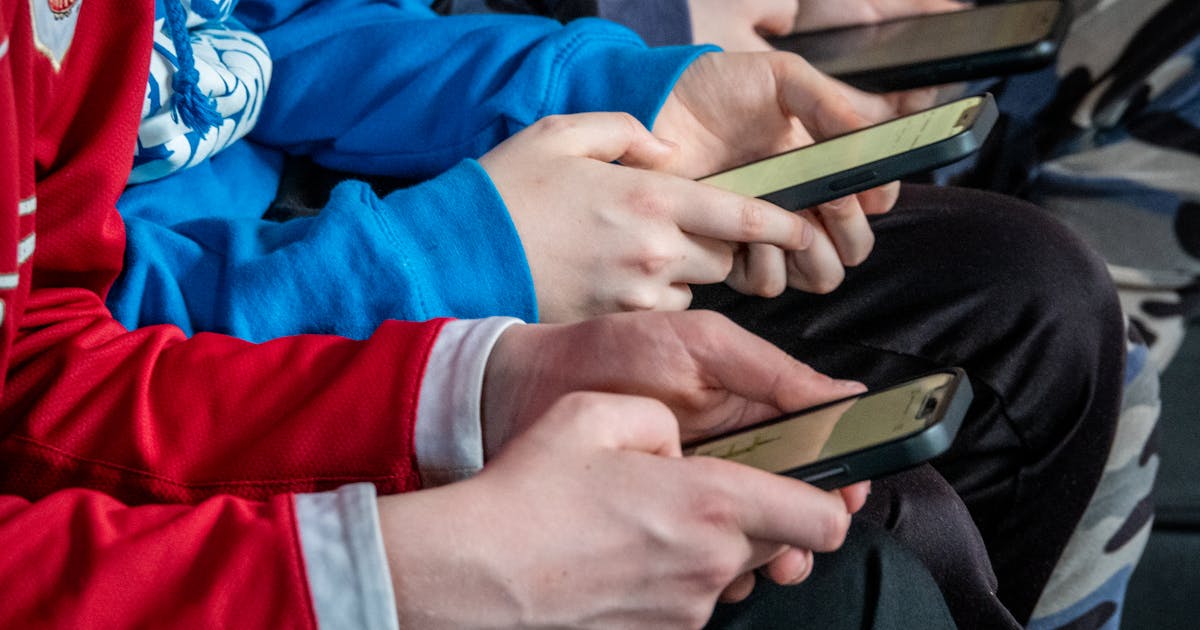Are Cell Phones Really Destroying Kids’ Mental Health?

The Anxious Generation: Technology's Impact on Adolescent Well-Being
From Connecting to Dissconnecting
Renowned psychologist Jonathan Haidt recognizes the value of technology in facilitating communication and information sharing. However, he argues that its incessant presence in children's lives has come at a significant cost.
"Haidt offers a compelling analysis of the dangers lurking in the digital playgrounds," states Dr. Mary Ainsworth, an expert on child development. "His call for a moratorium on smartphone use among children is both alarming and insightful."
Unstructured Play: A Missing Piece
Haidt emphasizes the crucial role of unsupervised play in fostering resilience and psychological growth. "Risky play," he explains, "is not simply about physical adventure. It's about giving children freedom to explore, learn from their mistakes, and develop a sense of self-reliance." He contends that today's overprotective parenting style, often characterized by constant supervision, stifles this essential ingredient in child development.
Digital Disruptors: The Costs of Connectivity
Haidt paints a startling picture of the negative consequences associated with smartphone use in children.
- Sleep Deprivation: The blue light emitted from devices suppresses melatonin production, leading to disrupted sleep patterns.
- Social Deprivation: Constant engagement with virtual worlds leaves less time for in-person interactions, which are vital for emotional and social well-being.
- Attention Fragmentation: Smartphones divide children's attention and undermine their ability to focus and concentrate.
- Addiction: The addictive nature of social media and online games can lead to compulsive use, harming children's physical and mental health.
A Call for Action
"Haidt's book is a wake-up call for parents, educators, and society as a whole," says Dr. Jessica Picard, a leading researcher on internet addiction. "We must prioritize children's mental health and take collective action to address the harmful effects of technology." Haidt advocates for restrictions on smartphone use, promoting safe and structured virtual experiences, and encouraging a return to unstructured and imaginative play.